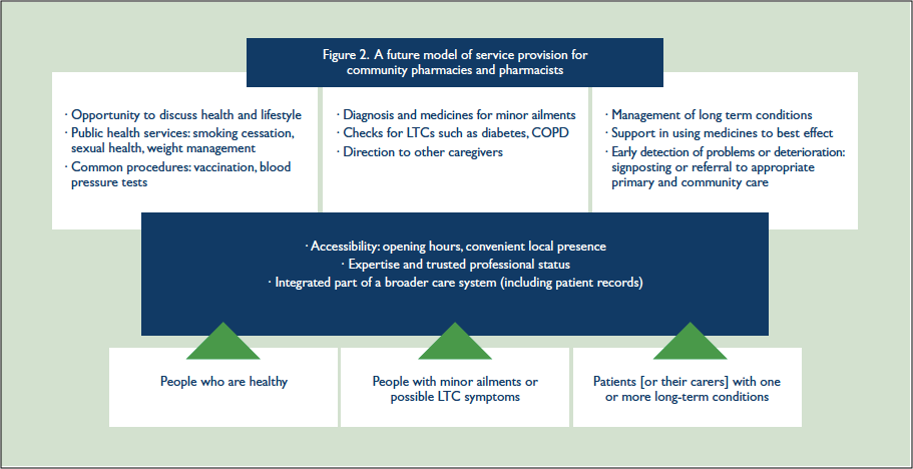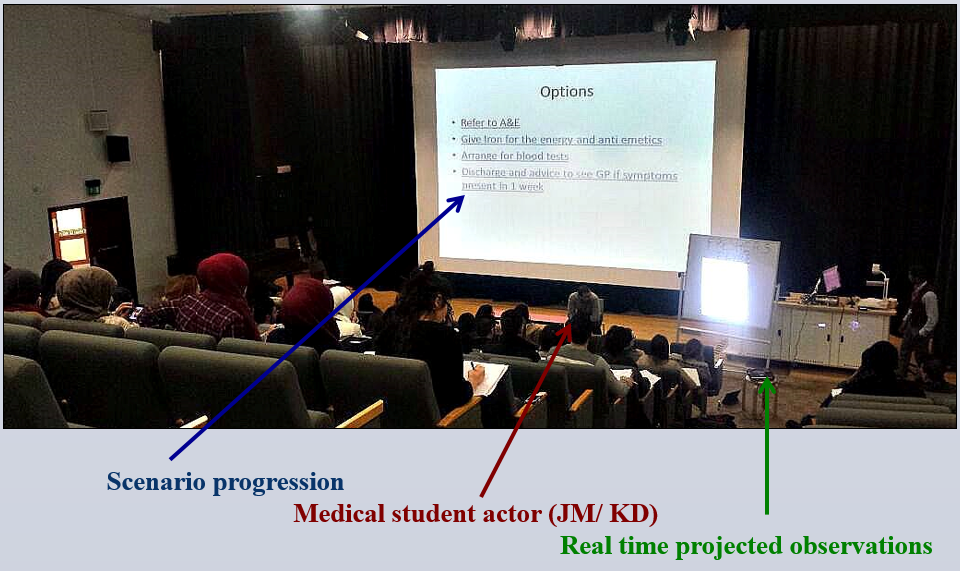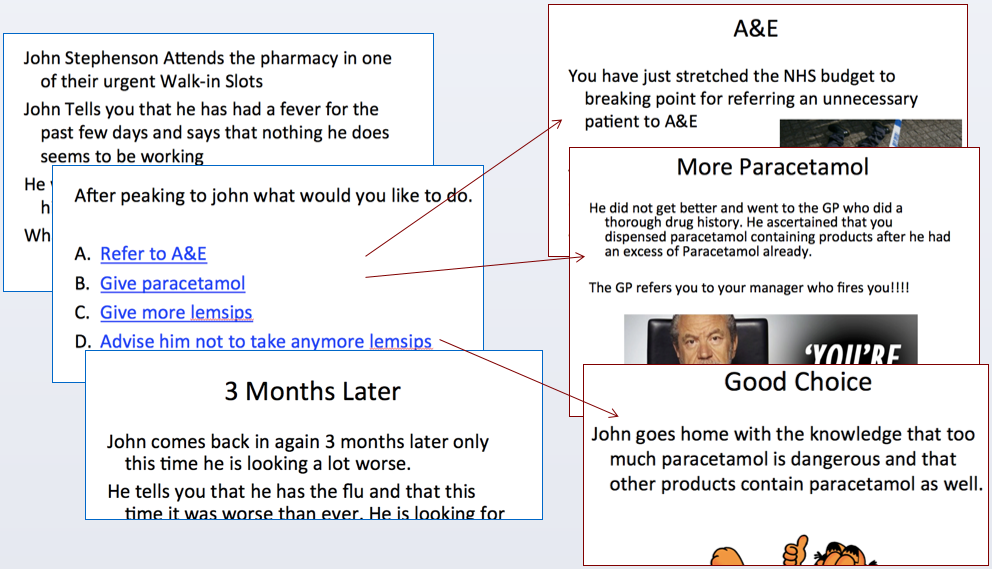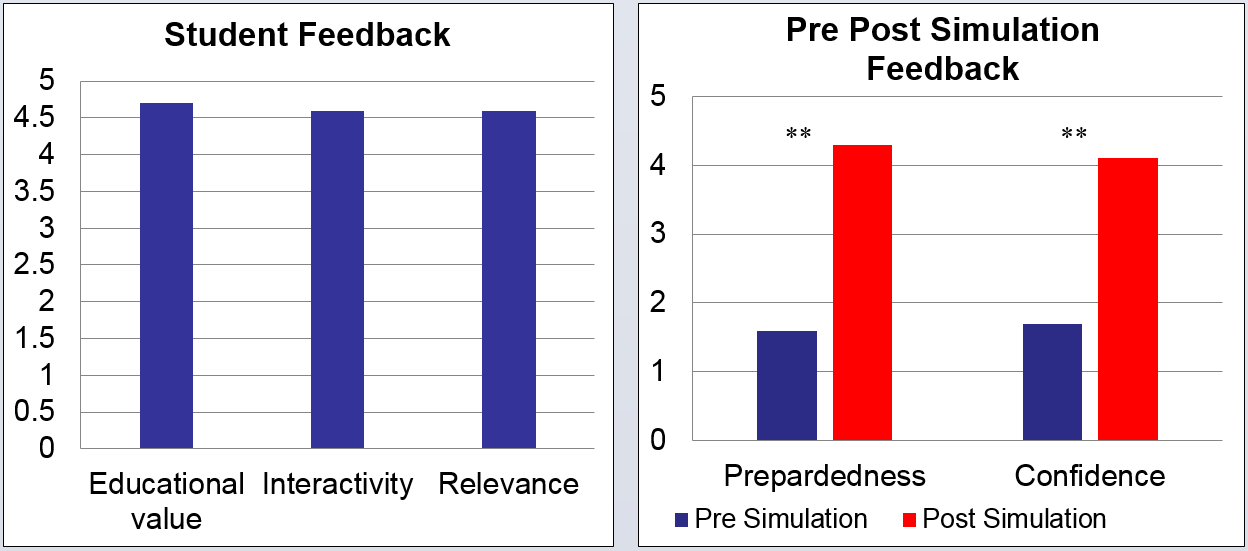


Authors
- Culadeeban Ratneswaran
- Jameel Mushtaq
- Kevin Dodd
- Teck K Khong
Institution
- St George's, University of London - United Kingdom
- Guy's and St Thomas' NHS Foundation Trust - United Kingdom
- Kingston University - United Kingdom
The National Health Service (NHS) faces unprecedented patient demand and financial pressure. In the current economic climate, healthcare policy has shifted towards maximising efficiency of currently available resources. Community pharmacists are ideally placed to deliver healthcare due to their ease of access and relationship with patients with chronic illness. New Royal Pharmaceutical Society Guidelines (1) propose that pharmacy services should expand (figure 1), increasing clinical responsibility through accreditation schemes such as the independent prescriber (2). This means that pharmacists may be able to manage long term patients in the community in a unified manner throughout their profession.
However, minimal curriculum focus and consequent lack of confidence within the profession (3) in identifying and managing acutely unwell patients are recognized barriers to uptake (4).
The ideal modality to teach acute diagnosis and management is using high fidelity simulation. However this is time, faculty and resource intensive. Large group simulation with a novice medical student cohort has shown promise (5, 6), however this method has never been trialled within pharmacy students.

Figure 1 - RPS guidance on the suggested expanding role of pharmacists
METHODS
A 6-hour Lecture Based Acute Simulation (LBAS) course was designed by SGUL staff and students to teach a structured approach to deteriorating patients. It utilized actors with real-time remotely controlled projected observations: heart rate, blood pressure, oxygen saturations, respiratory rate and electrocardiogram (figure 2). Students reacted to deteriorating physiology, via situation pausing and group decisions on 1 of 5 intervention options, with actor and observations responding dynamically. Scenarios would progress to stability or further deterioration according to a pre-designed algorithm.

Figure 2 - Lecture Based Acute Simulation


Results are shown in figure 4a and b below. Students highly rated the educational value, interactivity and relevance of the session. Feeling of preparedness and confidence in managing acutely unwell patients after the session were both significantly greater compared to before the session.

Figure 4
(a): Student feedback on the event
(b): Survey results before and after the LBAS course, asterix (**) represents statistical significant (p<0.001)
'WHITE SPACE' FEEDBACK
"Best day of pharmacy school"
"More scenarios and sessions please"
"We should have more sessions throughout the year"
"Can you email more information on prescriber accreditation"
Simulation is a high fidelity teaching method however, requires significant resources. LBAS offers an easily implementable solution whist still maintaining fidelity. Students found the LBAS highly informative and relevant, with increased confidence in managing acutely deteriorating patients. High interaction and engagement suggests LBAS may be useful in introducing and encouraging students to uptake future independent prescriber accreditation and expanding clinical roles. This might be one way of maximising pharmacists future contribution towards the NHS.
The NHS faces an ever growing financial burden
We must look at efficient ways of increasing service provision whilst keeping costs low
Lecture based acute simulation could be key to encouraging pharmacists, quickly and efficiently, to undertake new roles where they are needed the most
Funding is not always key to developing sustained programmes in tackling real NHS issues
Special thanks to:
St George's, University of London, and Kingston University of London.
1. Seston L, Hassell K. Pharmacy Workforce Census 2008: Main findings. University of Manchester School of Pharmacy and Pharmaceutical Sciences and Royal Pharmaceutical Society of Great Britain. London: RPSGB, 2009.
2. Richardson E, Pollock AM. Community pharmacy: moving from dispensing to diagnosis and treatment. BMJ. 2010;340:c2298.
3. Chernushkin K, Loewen P, de Lemos J, Aulakh A, Jung J, Dahri K. Diagnostic reasoning by hospital pharmacists: assessment of attitudes, knowledge, and skills. The Canadian journal of hospital pharmacy. 2012 Jul;65(4):258-64.
4. Hoti K, Hughes J, Sunderland B. Pharmacy clients' attitudes to expanded pharmacist prescribing and the role of agency theory on involved stakeholders. The International journal of pharmacy practice. 2011 Feb;19(1):5-12
5. Fitch MT. Using high-fidelity emergency simulation with large groups of preclinical medical students in a basic science course. Medical Teacher. 2007;29(2-3):261-3.
6. Heitz C, Brown A, Johnson JE, Fitch MT. Large group high-fidelity simulation enhances medical student learning. Medical Teacher. 2009;31(5):e206-e10

